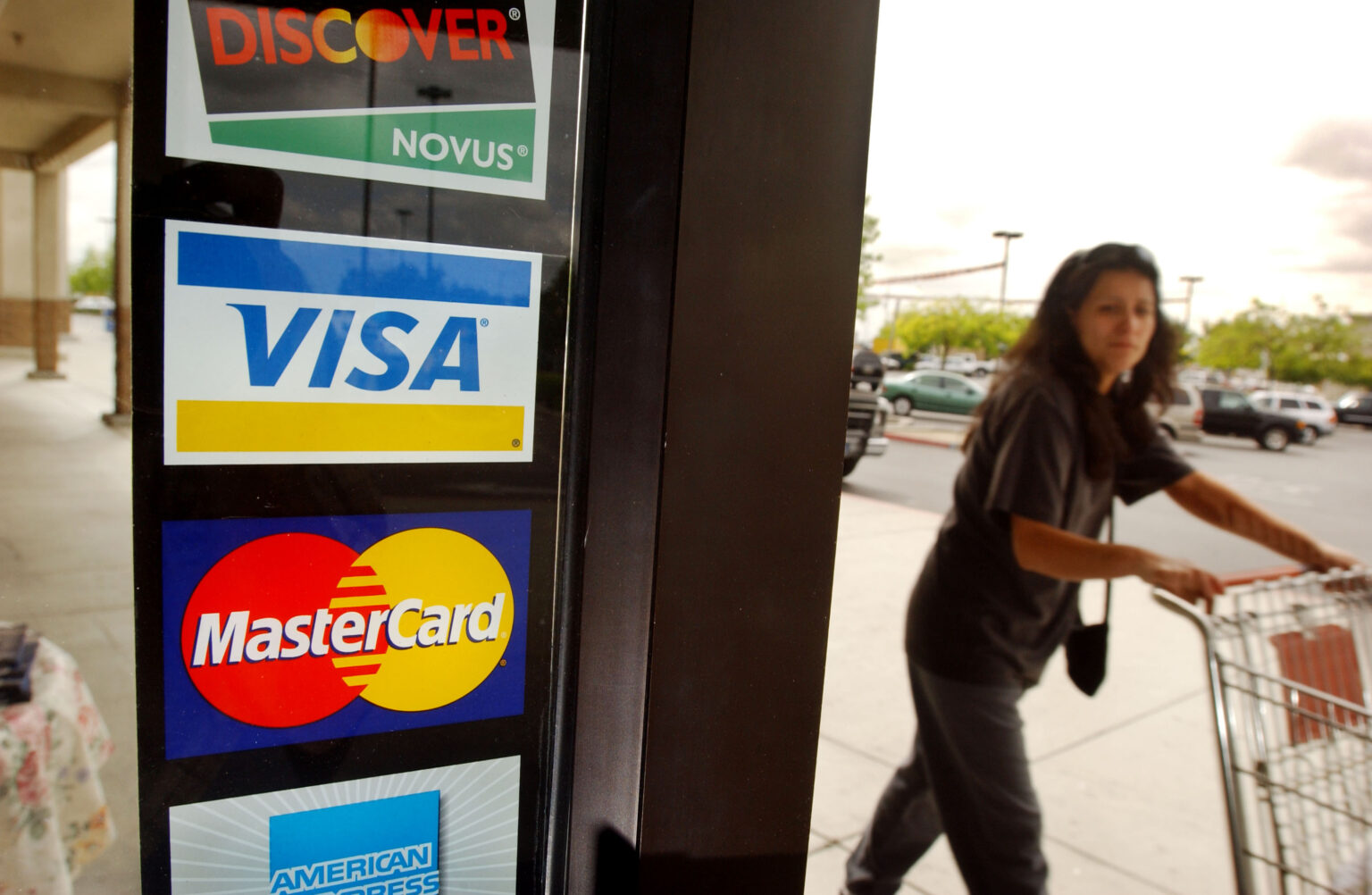A federal judge rejected a $30 billion settlement deal in a lawsuit against Visa and Mastercard. The plaintiffs and defendants need to respond by June 28.
Attorneys for the credit card companies expressed disappointment that the judge rejected the settlement. However, the Merchants Payments Coalition applauded the deal in a statement.
The litigation has been pending for two decades. At issue are interchange fees, also known as “swipe fees,” which cut into every credit card transaction. These fees add up to an estimated 70% to 90% of transaction fees charged to retailers for access to credit card networks, totaling $137.8 billion in 2021. The Merchants Payment Coalition added that Visa and Mastercard collected $100.77 billion in swipe fees in 2023 and $93.2 billion in 2022. These companies make up 80% of the credit and debit card market.
The vast majority of this revenue was profit, which was quickly funneled into the pockets of investors.According to an investor annual report, Visa’s profit margin was more than 97% of its operating revenue. Visa has bought back more than $32 billion worth of stock — since 2021. In October 2023, the company’s Board of Directors authorized another $25 billion in share repurchase planning — on top of the $3.8 billion the company paid out in dividends that calendar year.
A Visa document indicates that “regulated” check card transactions cost retailers $0.05% of each transaction’s value plus $0.21. An “exempt” transaction can cost either a flat fee of $0.30, or a percentage-based fee that ranges from 0.80% of the transaction value plus $0.15 to 1.65% of the transaction value plus $0.15, depending on the economic sector.
Mastercard’s swipe fees can range from a flat $0.75 per transaction to 3.15% of the transaction value plus $0.10, depending on the sector and credit card tier.
The Merchant Payments Coalition said swipe fees averaged 2.26%. These fees affect ordinary purchases like “Back to School” supplies, which netted credit card companies nearly $3 billion in 2024.
The agreement would have required the credit card companies to lower fees by four basis points, or 0.04%. However, the ability of credit card companies to increase network fees would not have changed, which could negate the savings in swipe fees.
“We appreciate that there was recognition of the fatal flaws that would have made the settlement a bad deal for Main Street rather than a correction of credit card industry violations of the antitrust laws. It’s past time for Congress to pass the Credit Card Competition Act to fix this broken market,” said Merchant Payments Coalition Executive Committee member Christopher Jones.
The Credit Card Competition Act will require banks with at least $100 billion in assets to add at least two unaffiliated transaction processing networks, such as Visa or Mastercard plus a smaller competitor like Discover, NYSE, Star, or Shazam. This new rule would save merchants $16 billion annually and not affect rewards. A Merchants Payment Coalition poll showed that 55% of likely voters support the Credit Card Competition Act, and 42% would be more likely to vote for a candidate who supports it.
Some states have already shown support for legislation that keeps swipe fees under control. Illinois, for instance, recently passed the Interchange Fee Prohibition Act, which forbids swipe fees on tips and sales taxes. However, the Act is expected to face hurdles like implementation challenges and litigation from banks.
Because Judge Margo Brodie rejected the $30 billion settlement, merchants in the class-action lawsuit have been granted an extension to join the suit. Claimants who may be a members of this class now have until February 4, 2025, to file a claim.
Related: Americans Have More Than $1.1 Trillion In Credit Card Debt


